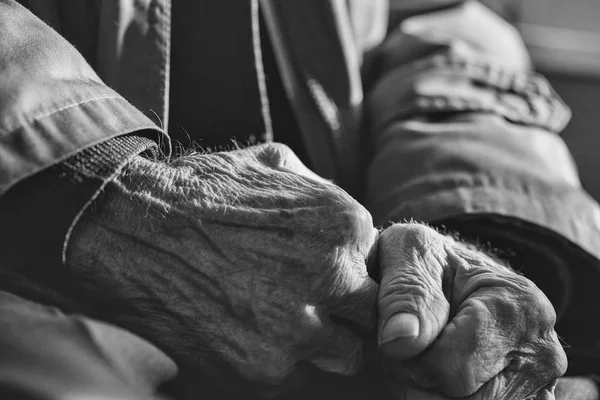A recent study revealed that elderly people who were raised by overprotective parents lived less than their counterparts with more lenient parents.
Table of Contents
Study on Parental Relationships and Longevity

Elderly men who had overprotective fathers had a 12% higher risk of dying before the age of 80. Women who had overprotective fathers were 22% more likely to die before 80 years of age.
Interestingly, the risk of death before the age of 80 for males who were raised by a single parent was 179% higher than for those raised by two parents.
Meanwhile, for women who were well cared for by their mothers during their childhood, the same risk was reduced by about 14%.
These are the findings of a longitudinal study conducted with the help of 941 participants. This study is titled “English Longitudinal Study of Aging” (ELSA). It aimed to study the correlation between parental care and longevity.
The study has been published in an article featured in the journal titled “Scientific Reports.” The authors of the paper are researchers at the Federal University of São Carlos (UFSCar) in Brazil and University College London (UCL) in the United Kingdom.
The Research Methodology
The sample population of participants consisted of elderly people born in the 1950s and the 1960s – 445 women and 496 men – who died between 2007 and 2018.
The researchers analyzed the answers given by the participants of the study, to questions about many different aspects of their lives, such as family structure, housing, the occupation of the head of the household, the presence of infectious diseases, and relationships the participants shared with their parents during childhood and adolescence; especially care and protection.
Research on the psychological effects of parent-child relationships showed that authoritarianism, permissiveness and negligence can be detrimental to children’s development. Thereby, leading to mental and physical issues in adulthood.
Comments From the Authors
Aline Fernanda de Souza Canelada, the first author of the article, said that the “middle way” is the best when raising children – avoiding both intrusiveness, which stops children from being autonomous; as well as negligence or emotional distance. She specified that what is called “care” in the article is a matter of not neglecting, but being present and taking care, without overprotecting.

Children need parental care and support, but not intrusion. This can deprive the child of autonomy.
Psychological research has shown that such parent-child relationships are weak, because the child is afraid of the parent. This can lead to the development of unhealthy habits and an increased risk of alcohol and drug abuse. Parental intrusion can also lead to mental health difficulties such as stress, which strongly correlates with reduced longevity.

Similarly, the lower risk for women who were well cared for by their mothers can be associated with lower levels of stress in childhood and therefore in adulthood. According to the results of the study, maternal care was considered crucial but paternal care, not so much.
“The results of our analysis refer to people who would now be elderly, and they wouldn’t necessarily be the same for later generations,” said Tiago Silva Alexandre, the last author of the article. Alexandre is a professor of gerontology at the Federal University of São Carlos.
READ MORE: Meditation Can Help Anorexia Patients: Research













